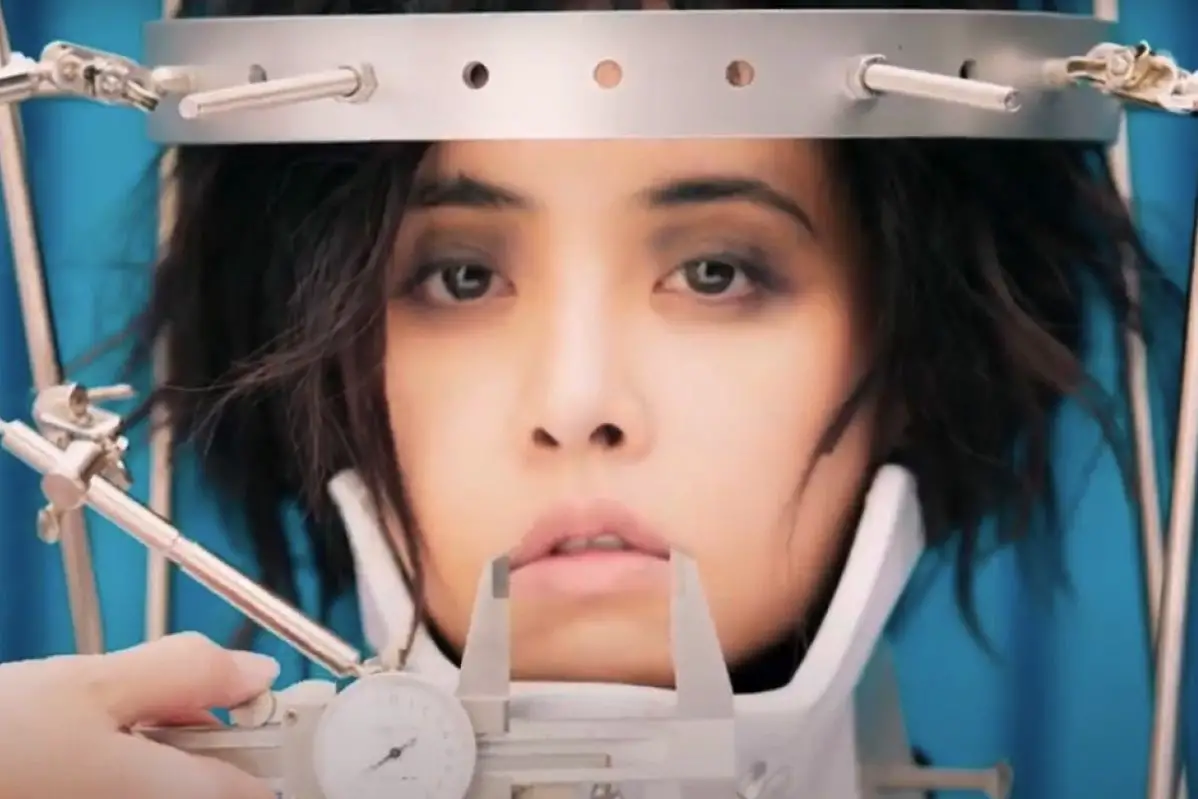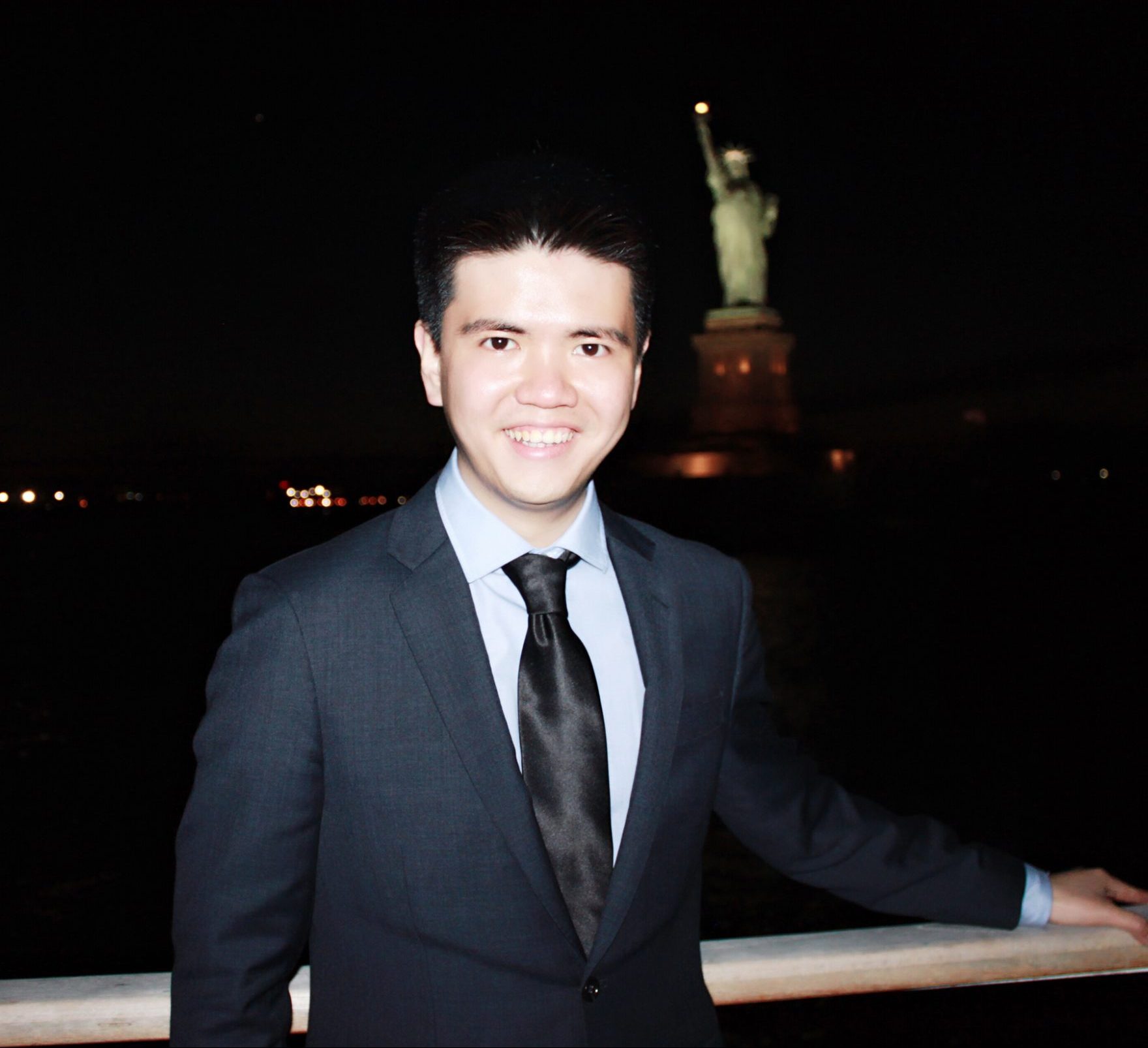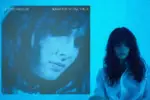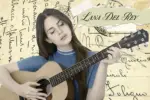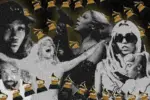As philosopher G.K. Chesterton once said, “One may understand the cosmos, but never the ego; the self is more distant than any star.” The “self” is so intriguing and intricate that it mandates each thought, behavior and social interaction with other human beings in a seemingly inexplicable and intangible manner.
How do we form the perception of ourselves and others? How does self-perception complicate the interpretation of the outer world? To validate the foundational meaning in life and sustain living motivation, human beings have always been compelled to explore the answers to these fundamental questions.
“Ugly Beauty” is an ambitious song that attempts to solve these dilemmas by diving into the concept of the “self” by using the story of the singer as a bridge and prototype. The song was released in 2018 by Jolin Tsai, an overwhelmingly sought-after female musical leader in Asia.
As reflected in an interview about the song, Tsai strived to present her most bothering struggles through this piece of music and its music video. In the early years of her career, Tsai was abusively mocked by her audience and the media about her voice, dressing style and a failed romantic relationship. She candidly expressed that her self-perception was severely impacted by the external judgments but finally was able to mute all the outer voices through a series of storming life events and self-exploration that led to an ultimate self-awakening.
“Ugly Beauty” and its music video vividly depict the relationship between Tsai and herself, as well as the way she finally comes to stop the seemingly never-ending wars between the existing “selves” that oppose each other.
The song and its music video reveal the constant debate between the different versions of the “self” in a simple and understandable but also highly captivating way. As paradoxical as the name of this song is, “Ugly Beauty” shows two extremes of the “self” in this figure.
In each scene in the music video, the tension between these versions of the “self” is disclosed through their on-the-spot relationship and interaction. For example, in the opening scene where a trial is being conducted, the judge — the “moral self” — is coldly and emotionlessly interrogating the defendant — the “intrinsic self” — on the charge that she does not live up to ideal feminine beauty standards.
When the judge asks the defendant to make a statement, the defendant begins to sing, “Lurking evil has always been around me. / I’ve grown up in the dirt with little support from society.” However, the judge is disappointed and even impatient about the defendant’s answer and angrily interrupts her while she is making the statement.
The scene then swiftly switches to a seafood restaurant, where the “moral self” abruptly stops the “intrinsic self” from having any delicate food in the restaurant. As all of the dishes on the table are taken away and a plate of raw cabbage is presented, the first chorus emerges and the tone of the song switches from being relatively careless to serious and indignant.
The emotional and philosophical complexity in the song’s journey of self-exploration begins with the lyrics, “Survival of the fittest? Who are you to judge? What’s the rush? / Self-loving, self-loathing, self-negating. / My external self reflects my internal self.” These lyrics and the intensifying voices urge listeners to reflect on these questions concerning the relationship between them and the world, which are then followed by a statement that discloses the rules and forces that might seem too insubstantial to be visible.
“Ugly Beauty” further intensifies the conflict between the “moral self” and the “intrinsic self” by sarcastically portraying a scene where a plastic surgeon — the protagonist’s “moral self” — meticulously calibrates her face when she looks too fatigued to respond. These scenes validate the internal experience of the listeners, and they instantly build connections with the listeners through the figurative and engaging presentations.
Tsai’s song empowers people to identify the invisible norms, and it critically disrupts their impact on them. As the first chorus approaches its end, the defendant begins to dance freely in her prison uniform while confidently singing, “Who are you to say wrong or right? / Beautiful or ugly? / If you ask me, I would say I am insanely beautiful.” The free movements of the prisoner-to-be signifies the fragile nature of socially constructed rules. Her dancing shows the possibilities of being liberated; it audaciously reflects on the norm that lacks a sufficient degree of sensibility.
As the music video comes to an end, all of the characters resolve their poignant dissonance with another version of themselves by eradicating the previous ingrained negative awareness and peacefully embracing who they are. As shown in the last scene, the defendant embraces the judge and ultimately realizes total self-liberation.
“Ugly Beauty” gained overwhelming attention and popularity the moment it was released in Asia. In addition to its exploration of individualities and resonation with the insecurity that exists in the social media-dominated era, the song’s cinematic and artistic sophistication are indispensable to its tremendous success.
The complex yet well-structured story of the music video, the glamorously decorated background setting, the swift yet reasonably smooth switch between scenes, the dance that embodies the intricate nature of the “self” and the emotion associated with exploring one’s identity all contribute to how “Ugly Beauty” irresistibly and overwhelmingly immerses its audience.


